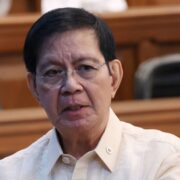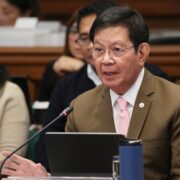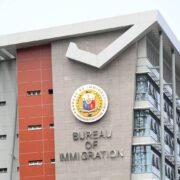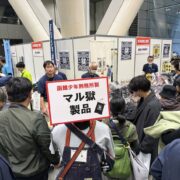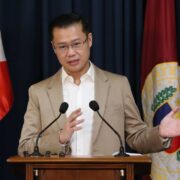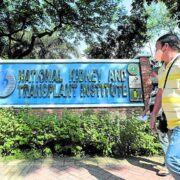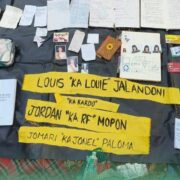Gospel: January 17, 2025

January 17, 2025 (Friday)
1st Week in Ordinary Time
Psalter: Week 1 / (Green)
St. Anthony, abbot
Ps 78:3 & 4bc, 6c-7, 8
Do not forget the works of the Lord!
1st Reading: Hebrews 4:1-5, 11
Therefore, let us fear while we are invited to enter the rest of God, lest any of you be left behind. We received the gospel, exactly as they did, but hearing the message did them no good, because they did not share the faith of those who did listen. We are now to enter this rest, because we believed, as it was said: I was angry and made a solemn vow: they will never enter my rest that is, the rest of God after he created the world. In another part, it was said about the seventh day: And God rested on the seventh day from all his works. But, now, it is said: They will not enter my rest. Let us strive, then, to enter the rest, and not to share the misfortune of those who disobeyed.
Gospel: Mark 2:1-12
After some days, Jesus returned to Capernaum. As the news spread that he was in the house, so many people gathered, that there was no longer room even outside the door. While Jesus was preaching the word to them, some people brought to him a paralyzed man. The four men who carried him couldn’t get near Jesus because of the crowd, so they opened the roof above the room where Jesus was and, through the hole, lowered the man on his mat. When Jesus saw the faith of these people, he said to the paralytic, “My son, your sins are forgiven.” Now, some teachers of the law, who were sitting there, wondered with in themselves, “How can he speak like this, insulting God? Who can forgive sins except God?” At once, Jesus knew in his spirit what they were thinking, and asked, “Why do you wonder? Is it easier to say to this paralyzed man, ‘Your sins are forgiven,’ or to say, ‘Rise, take up your mat and walk?’ But now you shall know, that the Son of Man has authority on earth to forgive sins.” And he said to the paralytic, “Stand up, take up your mat and go home.” The man rose and, in the sight of all those people, he took up his mat and went out. All of them were astonished and praised God, saying, “Never have we seen anything like this!”
Reflection:
“Your sins are forgiven.”
St. Anthony renounced his possessions and went into the desert to devote himself wholly to prayer and to God. The Desert Fathers practiced hesychia, that is, the search for interior silence and tranquility rooted in submission to the will of God. To receive this peace, one must go deep within oneself and face one’s temptations and sins, in order to grow in humility and in love of God and neighbor. We can imagine the interior process of self-knowledge and spiritual renewal to be like the paralytic being lowered down to Jesus, who frees the man from his sins and restores his movement. Even in our busy lives, the example of St. Anthony and the other Desert Fathers encourages us to spend time regularly in quiet prayer, going deep within ourselves to meet Christ, that he might forgive and renew us, and give us his rest, his peace. Our fears, sins and memories can hold us bound. Let us lower ourselves down to Christ, not shying away from our sin or guilt, but bringing it to him, that he might set us free.


